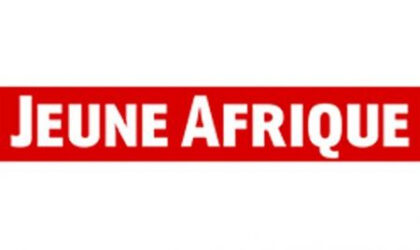 The decision of the European Union court to annul two free trade agreements between Rabat and Brussels “is nothing less than an insult to international law,” writes the pan-African magazine “Jeune Afrique”.
The decision of the European Union court to annul two free trade agreements between Rabat and Brussels “is nothing less than an insult to international law,” writes the pan-African magazine “Jeune Afrique”.
On September 29, responding to an appeal filed by the polisario separatists, the European court ruled for the annulment of two trade agreements between Morocco and the EU that had come into force two years earlier. The first agreement concerns the application of preferential tariffs to agricultural products from Morocco. The second, on fisheries, gives European vessels access to Atlantic waters as far as the Moroccan Sahara.
In their ruling, the European judges considered that the so-called “Sahrawi people” have the right to be consulted when a trade agreement concerns the territory in which they live.
“By putting forward this argument to motivate its decision, the European court, voluntarily or not, has placed itself on political ground, trampling on the principles of international law at the same time,” says the author of the column, political analyst Samir Bennis.
“It should be noted that this court has no jurisdiction to rule on disputes between the EU and a third state, i.e. a state that is not part of the institution. Such disputes are referred to the International Court of Justice (ICJ), which can only intervene in disputes between two states – or a state and an international or regional organization – provided, however, that the parties concerned expressly request it,” stresses the author of the analysis, titled “Morocco-EU agreements: when the European justice flouts international law”.
For the analyst, “it appears clearly that the European court has not only exceeded its prerogatives by encroaching on those of the ICJ, but, above all, it has put itself at odds with the jurisprudence of the ICJ and, more generally, with international law”.
Actually, explains the political expert, “because it is not a subject of international law, that is to say an entity with the attributes of a state, the polisario has no legal personality allowing it to present an appeal before the courts of the EU”.
Moreover, the expert adds, “the argument that it (polisario) would be representative of the +people of the Sahara+ – and would therefore have the “capacity to act before the judge of the Union” – is significantly at odds with the Vienna Convention on the Law of Treaties, “applicable to the States and them alone”.



